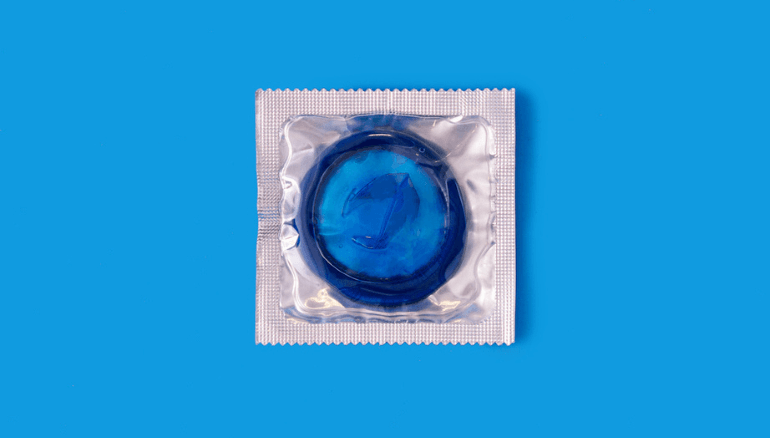As of November 2022, five of eight Australian jurisdictions (Tasmania, Victoria, New South Wales, the ACT and South Australia) have criminalised the act of non-consensual condom removal, commonly referred to as stealthing.
In Australia, 32% of women and 19% of men who have sex with men have experienced the removal of a condom without a partner’s permission1— a crime that can significantly affect someone’s physical and mental health.
Here’s what you need to know about sexual consent and why the conversation around non-consensual condom removal has changed.
What is sexual consent?
When it comes to sex, consent is an agreement to participate in sexual activity. Without consent, sexual activity is sexual assault or rape.
Enthusiastic content is a newer way of understanding consent, which focuses on the presence of a “yes” rather than the absence of a “no”. An important part of consent, enthusiastic or otherwise, is communication and checking in with your partner regularly to make sure you’re still on the same page.
Not everyone can give sexual consent, even if they want to. For consent, there must be an equal level of power and control between sexual partners.
What is stealthing?
Stealthing is when someone secretly removes a condom during sex without their partner’s permission. It’s a form of non-consensual sex because it changes the previously given terms of consent.
You might think it’s not a big deal because the act doesn’t fit stereotypical views about sexual assault, with the misconception that sexual violence always involves physical force or coercion.
Not only is this not the case, but it’s something stealthing doesn’t necessarily involve given it’s done without the other person’s knowledge.
Stealthing violates a person’s autonomy and the ability to control what happens to their body.
It puts them at greater risk of sexually transmitted infections (some of which can cause infertility and other long-term health concerns if left untreated) and unwanted pregnancy. It can also cause emotional distress1.
There’s limited research on stealthing, why perpetrators do it and its impact on victims. Identified and anecdotal reasons range from it feeling better without a condom to reproductive coercion and intentional HIV transmission.
Men with greater hostility towards women and more severe history of sexual aggression are more likely to non-consensually remove a condom during sex2. Men guilty of stealthing are also more likely to have had an STI diagnosis or have had a partner who experienced an unplanned pregnancy2.
How you can improve your understanding of consent
Nearly half (48%) of Australians are confused about consent — conflicted in their understanding of the problem, have low confidence in their ability to define it and perceive high personal costs in challenging or changing the conversation3.
Young people (aged 16-24) have a lower level of knowledge and understanding of sexual violence and can hold excusing attitudes when it comes to sexual consent4.
There have been widespread calls for better awareness and education about consent from a younger age. But if you’re reading this now, there are probably some ways you can improve how you communicate about consent.
If a person doesn’t give consent, then you can’t force or pressure them to change their mind.














